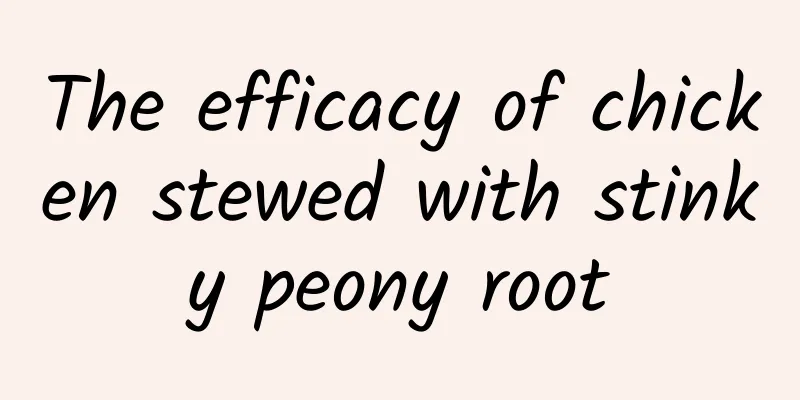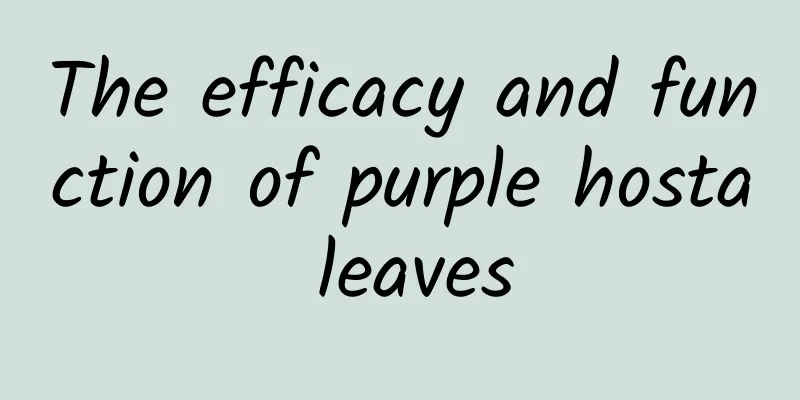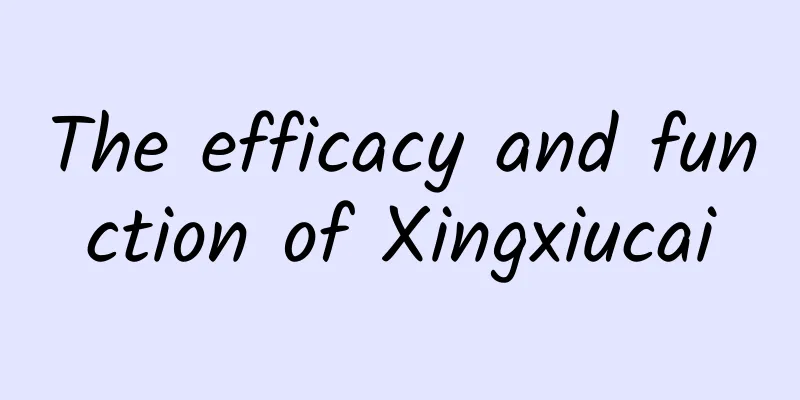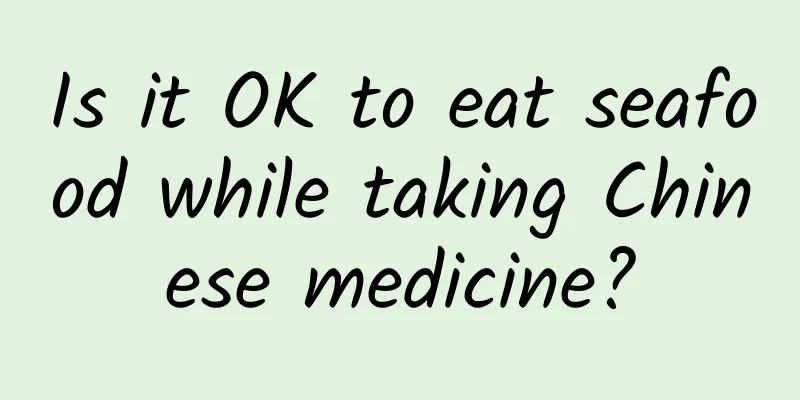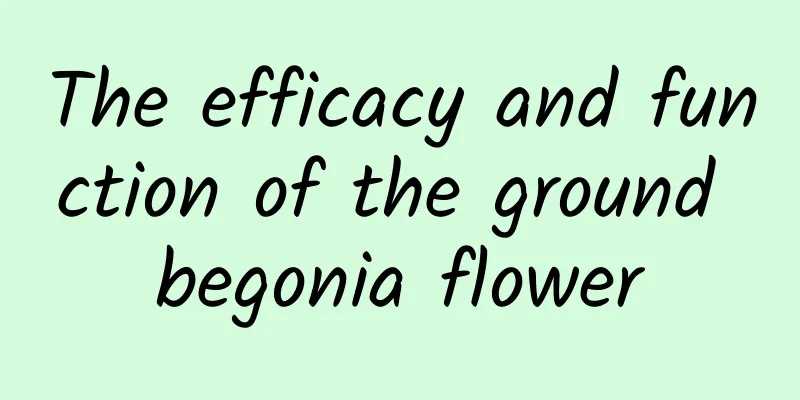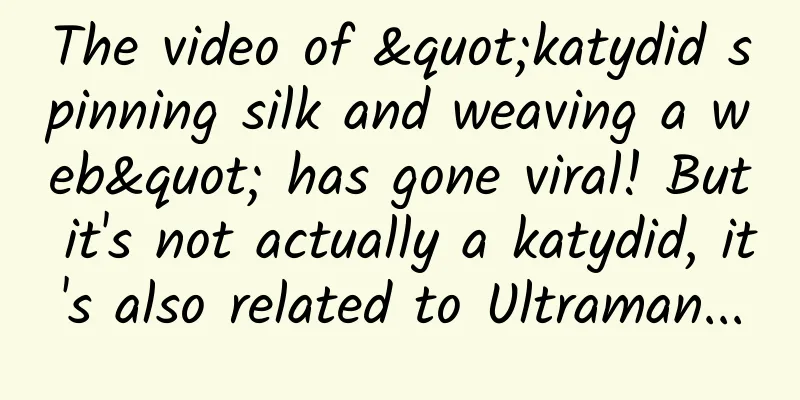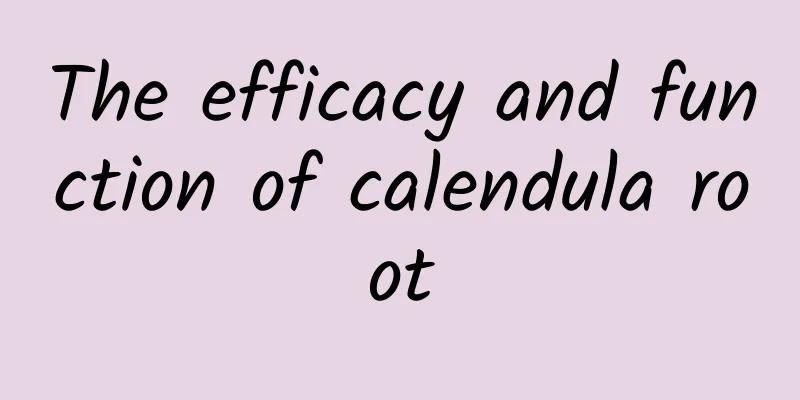Do Chinese herbal medicines have a shelf life?
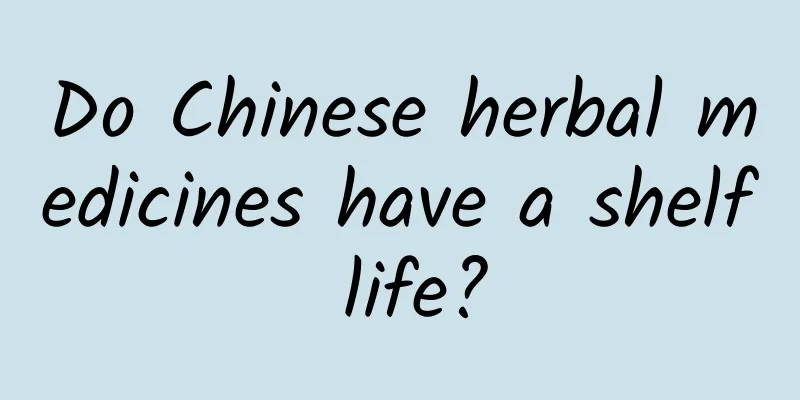
|
Many things we use in daily life have a shelf life, especially for food. We must check the shelf life first when buying. If we eat food after the expiration date, it will endanger our health. For medicines, there are Chinese medicine and Western medicine. Western medicine generally has a shelf life. It is forbidden to take Western medicine after it expires. So do Chinese herbal medicines have a shelf life? Let’s take a look at it next. 1.Does Chinese herbal medicine have a shelf life? Currently, the most common packaging for decocted Chinese herbal medicines is vacuum sealed packaging, and secondly, it can also be placed in containers provided by the patients themselves. Research has found that the higher the temperature, the faster the medicine deteriorates. In seasons with higher temperatures, when the room temperature is above 25°C, decoctions are generally stored for no more than 2 days. If refrigerated, they can generally be stored for 7 days without deteriorating. In addition, even under the same conditions, different prescriptions will have different degrees of deterioration. If the content of starch, protein, sugar and other ingredients in the medicine solution is high, it will deteriorate faster. To ensure the safety of drug use, the optimal storage temperature for sealed vacuum-packed Chinese herbal decoctions is 0~5℃, and the storage time is 7~14 days, but it is best not to exceed 7 days. On the one hand, after the medicine soup is cooked, it is often kept at room temperature for half a day to a day before being refrigerated at home, which will "accelerate" the deterioration of the medicine soup; on the other hand, if the decocted medicine soup contains animal Chinese medicines such as scorpions and centipedes, or Chinese medicines with high sugar content such as cooked rehmannia and astragalus, it will also affect the shelf life. If the medicine bag is found to be bulging or the medicine tastes different, or there are bubbles or other abnormal phenomena, it is spoiled and should not be taken. 2. How long can dried Chinese medicine be kept? Through modern pharmacological research methods, it was found that anthraquinone glycosides in rhubarb are the main components that exert its laxative effect. However, as the storage time increases, anthraquinone glycosides will gradually be hydrolyzed into anthraquinone aglycones, and the laxative effect will gradually weaken. If traditional Chinese medicine is left for too long, the effective ingredients will be lost, so its efficacy will be significantly reduced. Traditional Chinese medicine often undergoes some mutations during the storage process, such as being easily bitten by insects, mold, rot, changing color and taste, etc. Therefore, traditional Chinese medicine has a shelf life, and the longer it is left, the better the effect. Products that contain volatile oils, lactones, and even anthocyanins, and are easily infested with insects, are generally limited to a shelf life of about one year. The molecular structure of mineral drugs is relatively stable and their shelf life is relatively long, but not more than ten years. If insects or mold grow, it will affect the medicinal properties and efficacy of the Chinese medicine. It is recommended to place the Chinese medicine in a ventilated and dry place. 3. Factors causing deterioration of traditional Chinese medicine 1. Temperature Medicinal materials have a certain range of adaptability to temperature. Temperatures that are too high or too low will cause changes in the quality of medicinal materials. When the temperature is above 35 degrees, fat-containing medicines will separate the oil due to heat, thus reducing the amount of oil; medicines with high volatile oil content will also lose their aromatic smell due to heat; animal and plant glues and some resin medicines tend to soften, stick together or melt after being heated. When the temperature is between 20 and 35 degrees, it is conducive to the reproduction of pests and molds, which may cause some medicines to become infested, moldy and even deteriorate. 2. Humidity Humidity refers to the amount of water vapor in the air, that is, the degree of moisture in the air. Whether the medicine itself can maintain normal water content is closely related to the humidity of the air. The normal water content of general medicines is about 10~20%. If there is a lot of water vapor in the air, the medicine will absorb a large amount of moisture and increase its water content (get damp), which will easily cause it to become moldy and deteriorate. 3. Air Air contains many components, among which oxygen is most likely to undergo chemical changes with certain components of medicines, thus affecting their quality. The darkening of the colors of commonly seen moutan bark, polygonatum sibiricum, etc. is caused by the changes in the tannins, oils and sugars they contain when they come into contact with oxygen in the air. Common deterioration phenomena of traditional Chinese medicine 4. Mildew That is, mold, which is the phenomenon of mold growing on the surface or inside of Chinese patent medicine. 5. Rancidity Also known as fermentation, Chinese medicine is fermented after being exposed to sunlight or high temperature, causing taste and color changes and becoming unusable for medicinal use. 6. Volatilization It refers to the loss or oiliness of volatile oil contained in drugs under high temperature; after ethanol evaporates, the alcohol extract precipitates, thus causing the loss of active ingredients. 7. Turbid precipitation It is a common deterioration phenomenon of liquid Chinese medicine. Liquid preparations of Chinese patent medicine are prone to precipitation or deterioration under low temperature conditions. 4. Reminder Traditional Chinese medicine also has its own shelf life. If it deteriorates, no matter how expensive it is, it should not be taken to avoid causing greater harm to the body. The shelf life of Chinese medicine varies depending on its type and form. The factors that affect the deterioration of Chinese medicine are mainly due to temperature, humidity and air. |
>>: Is Evodia rutaecarpa poisonous?
Recommend
When pandas meet bamboo: a "taste revolution" spanning a thousand years
The giant panda is China's national treasure....
What do subway tunnels look like? Why are most of them round?
Have you ever been curious? What does the subway ...
Customs intercepted a 4-meter-long giant king cobra! Netizen: A close-up view made me stunned
Recently, Zhangjiagang Customs under Nanjing Cust...
The efficacy and function of chrysanthemum notoginseng
When it comes to Chrysanthemum Notoginseng, we ar...
The efficacy and function of taro flower
Taro flower is a common medicinal ingredient in t...
Benefits of Alfalfa
Alfalfa, as a health-care herb, has actually beco...
Visioncritical: Half of purchases triggered by social networks are made offline
What is the role of social media for retailers? W...
The teeth you use to eat may have been fish scales a long time ago!
Did you know that the emergence of teeth is one o...
World Mosquito Day | Do mosquitoes have favorite groups? How to prevent mosquito bites scientifically?
In the hot weather, many people are "favored...
The efficacy and function of millet sprouts
Many people choose millet sprouts because of thei...
The city sewers have become a crocodile dungeon? They also stole the camera... Can this be considered a good thing?
In the comics, some teenage turtles live in the s...
The efficacy and function of lantern bubble
Glehnia littoralis is a famous traditional and co...
Can dried Cynomorium songaricum really be soaked in water and drunk?
Cynomorium songaricum is also a kind of tradition...
Don’t waste the golden time after getting up in the morning. Get rid of these 4 bad habits and you will be healthier and live longer!
A day's plan begins in the morning. It's ...
The cool breeze blows, the cold dew falls
Loading long image... Source: National Geographic...
